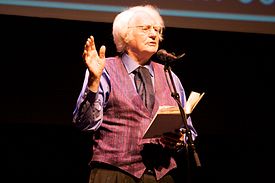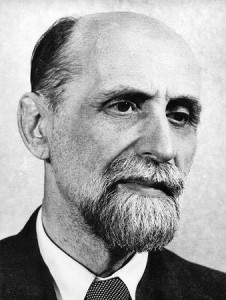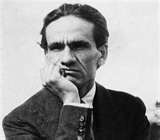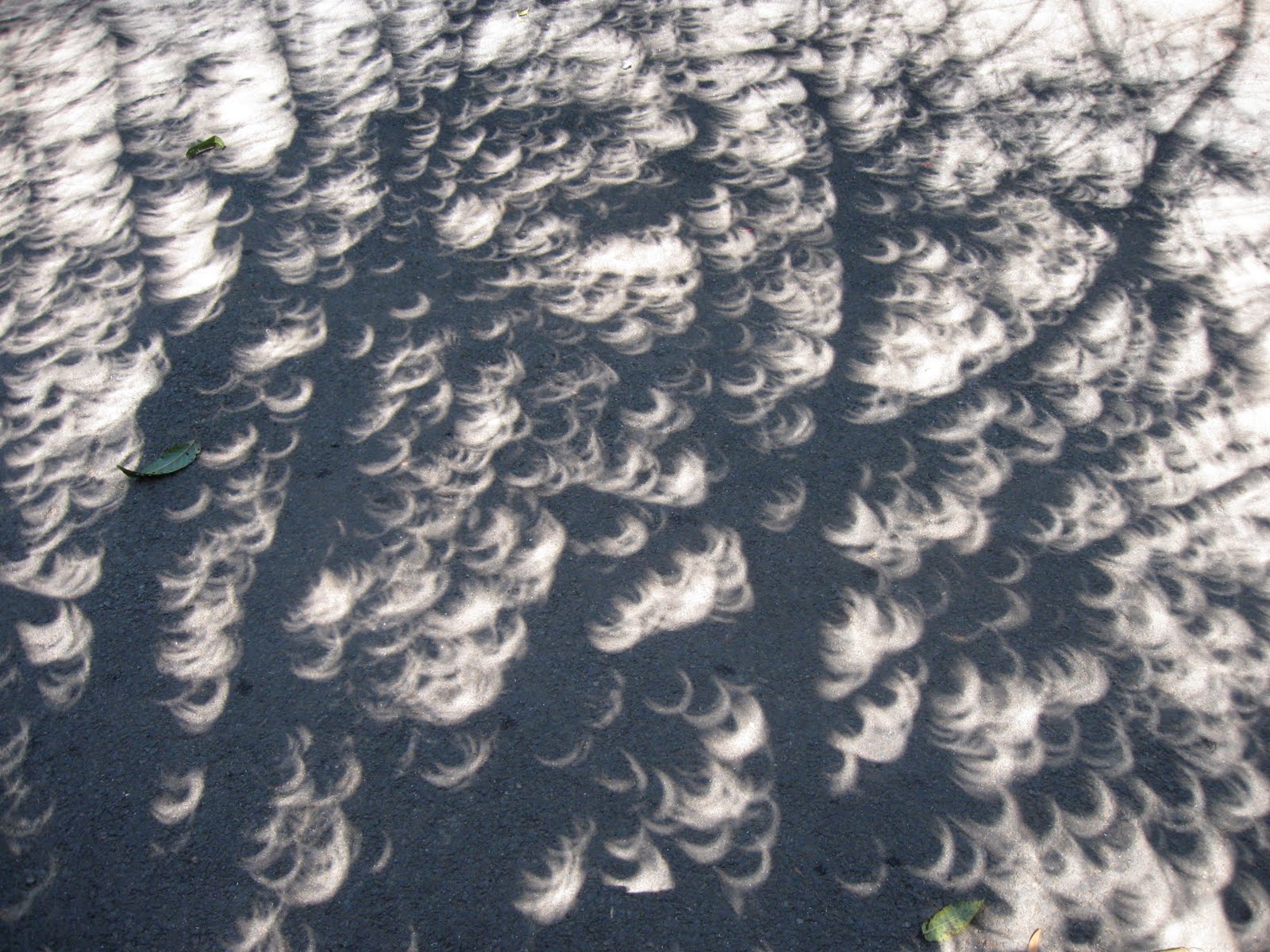Robert Bly is a character in the poetic landscape of the 20th century, an outsider who forged a career though his passion for poetry. I wish I had known him and not just known Continue reading “Robert Bly”
Tag: Robert Bly
The narrative poem
 I love this form that tells a story but is more than a story. When it works, it really works, as this, by Robert Bly:
I love this form that tells a story but is more than a story. When it works, it really works, as this, by Robert Bly:
The Russians
“The Russians had few doctors on the front line.
My father’s job was this: after the battle
Was over, he’d walk among the men hit,
Sit down and ask: ‘Would you like to die on your
Own in a few hours, or should I finish it?’
Most said, ‘Don’t leave me.’ The two would have
A cigarette. He’d take out his small notebook—
We had no dogtags, you know— and write the man’s
Name down, his wife’s, his children, his address, and what
He wanted to say. When the the cigarette was done,
The soldier would turn his head to the side. My father
Finished off four hundred men that way during the war.
He never went crazy. They were his people.
He came to Toronto. My father in the summers
Would stand on the lawn with a hose, watering
The grass that way. It took a long time. He’d talk
To the moon, to the wind. ‘I can hear you growing’—
He’d say to the grass. ‘We come and go.
We’re no different from each other. We are all
Part of something. We have a home.’ When I was thirteen,
I said, ‘Dad, do you know they’ve invented sprinklers
Now?’ He went on watering the grass.
‘This is my life. Just shut up if you don’t understand it.’”
Robert Bly
from Morning Poems
HarperCollins, New York (1997),
Poets in translation
 The other day at lunch a friend and I were talking about the wealth of wonderful poems in translation. Here is one, for which we are indebted to Robert Bly:
The other day at lunch a friend and I were talking about the wealth of wonderful poems in translation. Here is one, for which we are indebted to Robert Bly:
I have a feeling that my boat
has struck, down there in the depths,
against a great thing.
And nothing
happens! Nothing….Silence….Waves….
—Nothing happens? Or has everything happened,
and are we standing now, quietly, in the new life?
Juan Ramón Jiménez
translated by Robert Bly
The fascination of translation
I don’t know exactly why translating poetry is so fascinating. For me, it’s a way to work on a poem when I have no ideas of my own. The demands of translation–the fact that a literal translation just won’t do, and that you have to try to somehow capture the spirit of the poem without straying too far from the literal–is the challenge and the art. In some ways, I feel that all poetry is translation–sometimes I’m trying to translate my own glimmers of an idea, sometimes those of someone else.
 A decade ago, when Bob Hass had his weekly poetry column in a number of daily papers, he printed a translation of a poem by the Peruvian poet Cesar Vallejo. I’ve mentioned these columns before–they’ve been collected into two books, Poet’s Choice and Now and Then–great morning readings, both of them. You can find Bob’s original column on Vallejo in the Washington Post archives.
A decade ago, when Bob Hass had his weekly poetry column in a number of daily papers, he printed a translation of a poem by the Peruvian poet Cesar Vallejo. I’ve mentioned these columns before–they’ve been collected into two books, Poet’s Choice and Now and Then–great morning readings, both of them. You can find Bob’s original column on Vallejo in the Washington Post archives.
At the time I didn’t know about the column, and happened to read the one on Vallejo riding home on BART, chancing on it in an abandoned copy of the San Francisco Examiner. Bob printed the Stanley Burnshaw translation and one of his own. Ed Hirsch, when he did his own version of Poet’s Choice, printed Robert Bly’s translation. Here is the Spanish: Continue reading “The fascination of translation”
A Sunday walk
 We decided to head to Inspiration Point for a late afternoon walk yesterday. As we were leaving our street, we saw two tiny fauns and a doe in our neighbor’s yard, right by the car. The fauns were nursing. Though I’m not a huge fan of deer–those ravenous despoilers of gardens!–it was an amazing sight.
We decided to head to Inspiration Point for a late afternoon walk yesterday. As we were leaving our street, we saw two tiny fauns and a doe in our neighbor’s yard, right by the car. The fauns were nursing. Though I’m not a huge fan of deer–those ravenous despoilers of gardens!–it was an amazing sight.
Then we walked the couple of paved miles up to the point which was unusually crowded. As we headed back down the trail, a woman coming up asked, “Aren’t you staying to see the eclipse?” Turns out there was a solar eclipse scheduled to occur in half an hour. This explained the crowds. But we didn’t have the requisite dark glasses, so kept on heading back down. As we came along the trail, a couple pointed out to us that where the leaves created a filter, shadows of the eclipse appeared on the asphalt. I didn’t believe it at first; the eclipse had barely started. But the crescent became undeniable as we walked through increasingly delineated moon shadows all the way back.
